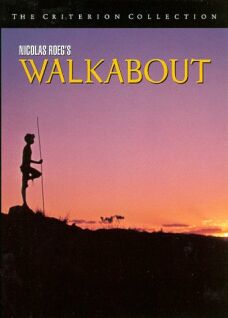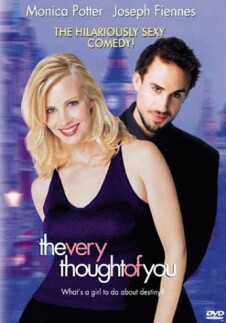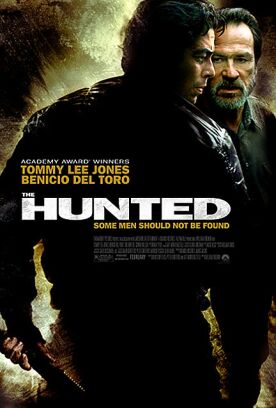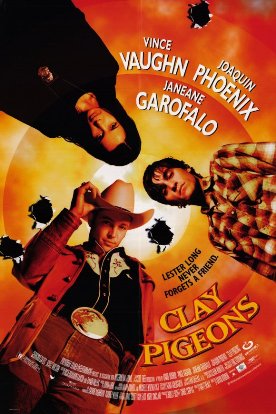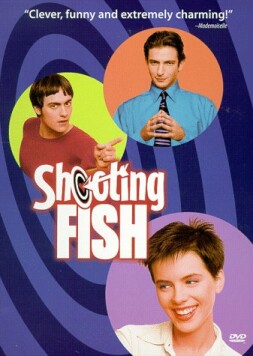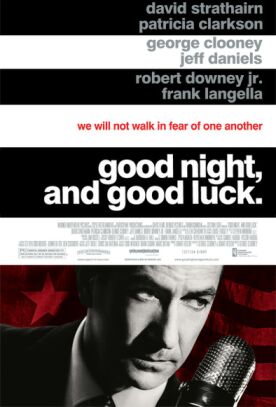Walkabout
Walkabout by Nicholas Roeg has joined the ever lengthening list of film classics on re-release this spring, like the Star Wars triology, the Godfather, Das Boot (in a new version), Pink Flamingos and even The Big Sleep. More than any of these others — more even than Star Wars (nothing dates like futurism) — Walkabout shows its age. Jenny Agutter is still as beautiful as she was in 1971 (in real life as on the screen), and so is the splendid photography of the Australian outback, but the rest of the film is just a laugh, coming across as a 60s version of Paul et Virginie. The screenplay (by the radical playwright, Edward Bond) is uniformly hostile to civilization qua civilization as only someone who has lived amidst its comforts all his life can be.
Over and over again we are supplied with reasons to hate the white, “English” cities of the Australian coast and their people and to love the black, aboriginal nomads of the interior and their authentic way of life. One group of whites, running some kind of weather station, are full of lust, phoniness, and deceit (which, of course you never find among the abos), another, sellers of cheap plaster-of-Paris souvenirs, have even corrupted the aborigines by putting polyester clothes on them. Worst of all are the white hunters who, so far as we can see, kill indiscriminately and promiscuously for no reason at all except the sheer thrill of killing. This spectacle so depresses the young aboriginal boy (David Gumpilil), with his primitive but much more earth-friendly spear (he simply can’t kill as much — though of course he doesn’t want to either), that he apparently hangs himself.
This is the funniest bit of what is a very funny movie. Paradoxically, the only way in which the aborigine way of life really is more authentic and admirable than the white is that no aborigine, but only a left-wing, middle class white European, could have thought up a response so idiotic as self-murder — either to the slaughter of Australia’s larger fauna or to sexual disappointment when the beauteous Jenny’s decides to opt for a conventionally girlish expectation of bourgeois marriage.
This vision of primitive innocence makes the film look very dated, but even more embarrassingly out of step with these later times is its version of sex roles. The aborigine is primitive not only in his technology but also, by implication, in his role as the hunter and bread-winner. The adorable Jenny has nothing to do but, well, to look adorable and mind her little brother (Lucien John). One juxtaposition is particularly telling, where we are shown her swimming naked and luxuriating in the sensuous thrill of the experience (this is the restored footage we couldn’t see in 1971) while the black boy is out hunting, and successfully killing, for meat. The two sequences are intercut with each other, to underline the fantasy-marriage between the two that the film sets up as its ideal.
And imagine what the animal rights people, with the disclaimers about how “no animal was harmed. . .” which they have now managed to get put onto almost every film’s credits, would react to all this too-real looking killing. The save-the-lizards and hands-off-the-kangaroos activists would be having boycotts right and left if the film had been made today — as of course it could not be. One way in which the film does not look dated, however, is in making the father (John Meillon) into some kind of suburban monster who, for no reason at all that we are aware of, tries to kill his children and then succeeds in killing himself, stranding the children in the desert. Then, of course, it was only middle aged men who did such things, because they were middle aged. Now it’s any men, because they are men.
But perhaps the most ridiculous thing about this ridiculous film now is the ending, where, having foolishly and in spite of great temptation having decided to save herself for a future husband, Jenny is shown with that husband in a bold flash forward. He is a twit of a careerist with some big corporation, talking blithely of some footling promotion while poor Jenny looks over his shoulder and dreams of Housman’s “land of lost content” with its “blue remembered hills” where she might have lived happily with the black boy and her baby brother as naked savages for ever.
As the Aussies say, ’struth!
Discover more from James Bowman
Subscribe to get the latest posts to your email.

